I want to talk about GitHub Copilot. This tool has changed how I and many developers write code. It is an AI coding assistant that works directly inside my code editor. It suggests lines of code and full functions as I type. This tool is a result of collaboration between GitHub and OpenAI. It uses a large language model trained on a huge amount of public code. This training allows it to understand the context of my project. It can offer relevant and accurate suggestions. My purpose here is to explain what this tool is. I will also discuss how it helps programmers and its role in the future of software development. I will provide real-world examples and talk about its different versions. I believe this tool is a major step forward for developers.
What is GitHub Copilot?
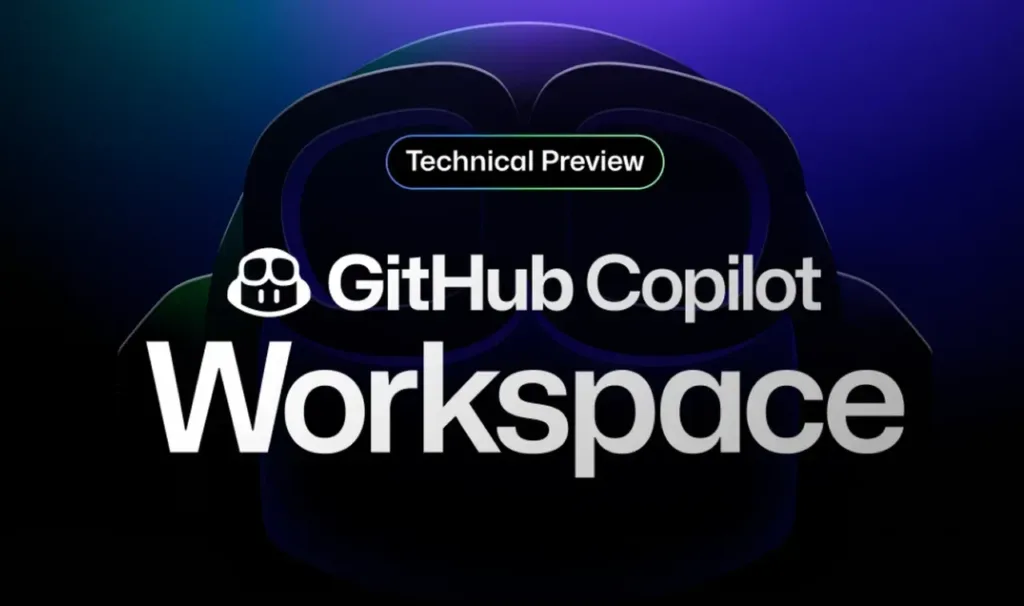
GitHub Copilot is like an AI pair programmer. It sits in your IDE and provides suggestions in real time. It is not just a simple autocomplete tool. It understands the context of your project. It knows the syntax of the programming language you are using. It can also understand the function you are trying to write from your comments or the function name. This understanding allows it to suggest code that is relevant to your task. It can write entire functions for you. It can also generate unit tests and documentation. I have seen it generate a complex algorithm from just a few words of description. This saves a lot of time and effort. The tool helps with the entire coding process. It helps with writing, testing, and documenting code. The tool is available as an extension for popular code editors. This includes Visual Studio Code and JetBrains IDEs.
The technology behind GitHub Copilot is a large language model called Codex. This model was trained on billions of lines of public code from GitHub. This training data is what makes it so good at generating code. It understands common coding patterns and best practices. It can also learn from the code in your specific project. This makes the suggestions more accurate. The tool learns from my coding style over time. It gives me suggestions that fit my way of writing code. This makes the experience very personal.
Core GitHub Copilot Features
The features of GitHub Copilot are designed to help developers with many different tasks. I will give you a list of the main features. The tool helps with more than just writing new code. It also helps with maintenance and documentation.
Copilot Code Generation
The main feature is code generation. As I type a function name or a comment, GitHub Copilot suggests the code for me. The suggestion appears as a ghost text in the editor. I can accept the suggestion with a simple keyboard command. This feature is a great time-saver. It can generate boilerplate code. It can also generate complex algorithms. For example, if I write a comment like // create a function to sort an array of numbers, it will suggest the full function. This is a powerful feature for any developer. It is especially helpful for repetitive tasks. It helps me focus on the bigger picture of the project.
Copilot for Programmers
This tool helps programmers of all skill levels. For a new programmer, it can be a learning tool. They can see how an experienced AI writes code. It shows them common patterns and syntax. For an experienced programmer, it helps with Copilot productivity. It automates the tedious parts of coding. This allows them to work faster. I have found it helps with writing tests and documentation. These tasks are often boring. The tool makes them easier. It also helps with exploring new libraries or frameworks. It suggests code snippets for me. This helps me get started quickly with a new technology. The tool makes my work more efficient. It is a true partner in coding.
Copilot IDE Support
Copilot IDE support is a key feature. The tool integrates directly into my favorite code editors. It feels like a natural part of the environment. I use it in VS Code every day. It also works in other IDEs like Visual Studio and JetBrains products. This wide support makes it accessible to many developers. The tool also supports many programming languages. I will discuss some of these languages next.
GitHub Copilot in Action: Language-Specific Uses
The tool works with many different programming languages. The suggestions are specific to the language I am using. This makes the tool very smart.
Copilot for Python
I use Copilot for Python frequently. It helps me write data analysis scripts. It can suggest code for data cleaning and visualization. For example, if I am using the pandas library, I can write a comment like # read a CSV file into a pandas DataFrame. The tool will suggest the correct code. It knows the syntax and common methods for pandas. It also helps with machine learning. It can suggest code for training a model. This is very helpful for data scientists and AI engineers.
Copilot for JavaScript
I also use Copilot for JavaScript for web development. It helps me write functions for front-end applications. It can suggest code for handling user input or making API calls. For example, I can write // function to fetch data from an API and it will suggest a full asynchronous function. It also helps with frameworks like React or Vue. It can suggest component structures and state management code. This makes web development faster. It helps me build applications more quickly.
The Future of GitHub Copilot
The tool is constantly getting better. GitHub is working on new features. I want to talk about some of the new developments.
GitHub Copilot X
GitHub Copilot X is the next version of the tool. It adds many new features. The main addition is a chat interface. I can talk to Copilot in natural language. I can ask it to explain a block of code. I can also ask it to generate unit tests for a function. This is a big step. It makes the tool more interactive. It moves it from just a code suggester to a coding partner. The chat feature can also help with debugging. I can paste an error message and ask Copilot for a solution. It also has voice commands. I can speak my code instead of typing. This is a big change for AI software development. It makes coding more accessible. I think this will change how we work.
GitHub AI Integration
GitHub AI integration is a big part of the company’s future. Copilot is just one piece of the puzzle. GitHub is adding AI to other parts of its platform. It will help with pull requests. It can generate a summary of the changes in a pull request. It can also help with documentation. It can suggest updates to documentation based on code changes. I believe we will see more AI features on GitHub. It will make the platform even more useful for developers. The goal is to make the entire software development lifecycle smarter. I think we are on the right track.
GitHub Copilot vs. Other AI Tools
People often compare GitHub Copilot to other AI tools. I want to compare it to a popular one.
Copilot vs ChatGPT
The main difference between Copilot vs ChatGPT is their purpose. ChatGPT is a general-purpose AI. I can use it to write emails, poems, or articles. It can also help with coding. However, it does not integrate with my code editor. I have to copy and paste my code. Copilot is a specialized tool. It is an AI coding assistant. It lives inside my IDE. It sees the context of my project. It gives me suggestions in real time. It is made for coders. ChatGPT is more of a general assistant.
I find that Copilot is better for writing code. It is faster and more specific. It understands the code I am working on. ChatGPT is better for learning and brainstorming. I can ask it to explain a complex concept. I can also use it to plan a project. I believe both tools are useful. They serve different purposes. They are partners, not competitors. For more on AI tools that assist students with their work, check out this article on the 5 best AI homework helper tools for students.
Best AI Coding Tools and Copilot Alternatives
GitHub Copilot is not the only tool available. There are many other Copilot alternatives. Some of the popular ones are Tabnine, Codeium, and Amazon CodeWhisperer. These tools also use AI to help with coding. They have their own strengths. Some offer more language support. Some have different pricing models. I think it is a good idea to try different tools. This helps you find the one that works best for you. Competition is good. It makes the tools better. I believe this space will continue to grow. We will see more AI for developers in the future. I have seen other tools that are also agents. You can learn about them in articles like Suna AI, a strong Manus AI alternative. I have also seen a tool that can help with video creation, like the one mentioned in a Vidnoz AI review here.
Copilot Use Cases
I will give you a few examples of how I use GitHub Copilot. These examples show its real power.
- Writing a new feature: I need to write a new function for my web application. I write a simple comment explaining what I need. Copilot suggests the entire function. I review the code and make some small changes. This saves me a lot of time.
- Refactoring code: I have an old function that needs to be improved. I can ask Copilot to refactor it. I can tell it what I want to change. It will suggest a new version of the function. This helps me improve the quality of my code.
- Writing tests: I need to write a unit test for a function. I can use Copilot to generate the test. I give it the function name, and it suggests a test case. This ensures my code is well-tested.
These are just a few examples. I use the tool for many different tasks. It helps me with everything from simple scripts to complex applications.
Practical Considerations
Before you start using the tool, there are a few things you should know.
Copilot Pros and Cons
Like any tool, Copilot pros and cons exist. On the positive side, it is a massive productivity booster. It helps you write code faster. It helps with learning new languages and frameworks. It also helps with boring tasks like writing boilerplate code.
On the negative side, the suggestions are not always perfect. The code can sometimes have bugs. You still need to review the code carefully. The tool can also suggest code with security vulnerabilities. You must be careful and use your own judgment. The tool is an assistant, not a replacement for a developer. Another thing is that the suggestions are based on a lot of public code. This can raise questions about code ownership and licensing. A good practice is to always check your company’s policies regarding using public code. The U.S. government provides guidelines on software development. You can find more information on the National Institute of Standards and Technology (NIST) website.
Copilot Pricing
Copilot pricing is a major consideration. The tool is a paid service. There is a Copilot free vs pro option. Students and open-source maintainers can get a free subscription. For others, it is a monthly or yearly fee. The professional version gives you unlimited suggestions. There is also a business tier for companies. You should check the current pricing to see what works for you. I believe the productivity gains are worth the cost for most developers. It is an investment in your work. I have also seen some cool AI agents you can use on our website, such as those discussed in Manus AI agents.
Conclusion
I believe GitHub Copilot is a fantastic tool for any developer. It is a powerful AI assistant that helps with many coding tasks. It can generate code, write tests, and document your projects. It is an AI for developers that truly makes a difference. The tool is not perfect. You still need to be a good developer. You still need to understand what you are doing. But it can make your work faster and more enjoyable. The future of the tool looks very bright. I believe AI will continue to play a bigger role in software development.

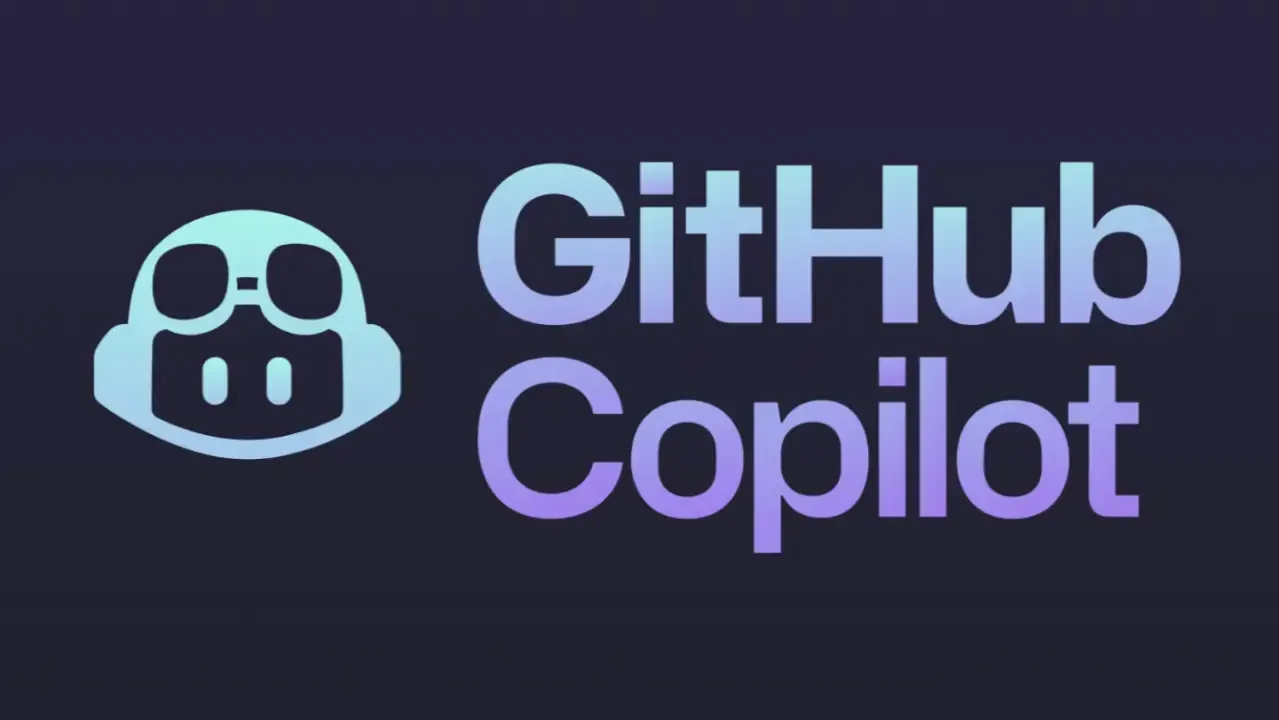
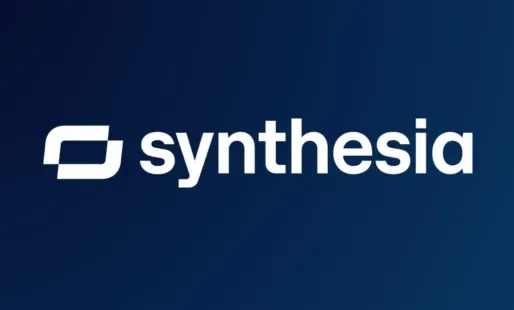
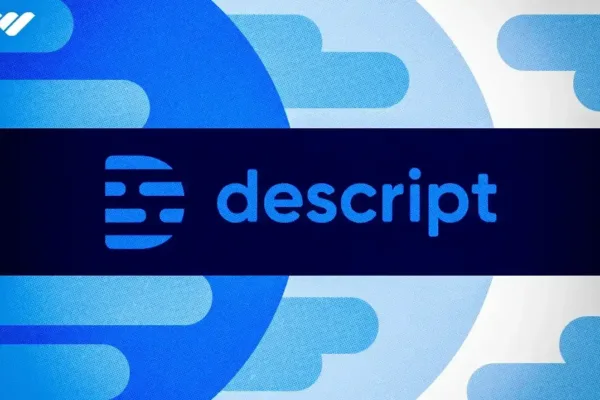


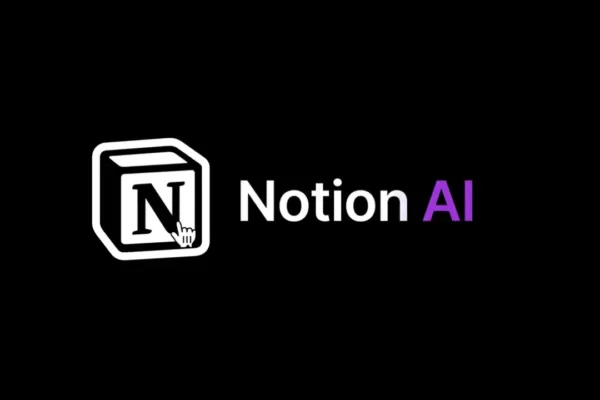
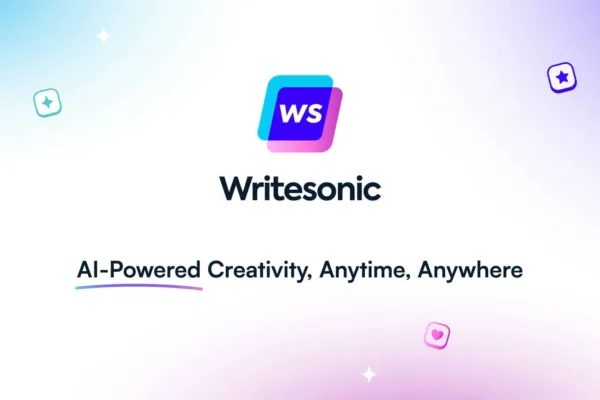

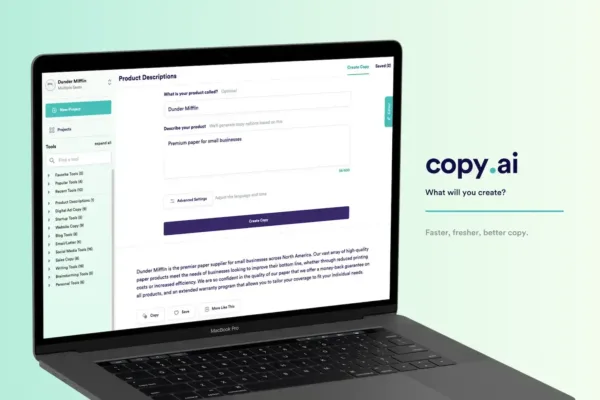
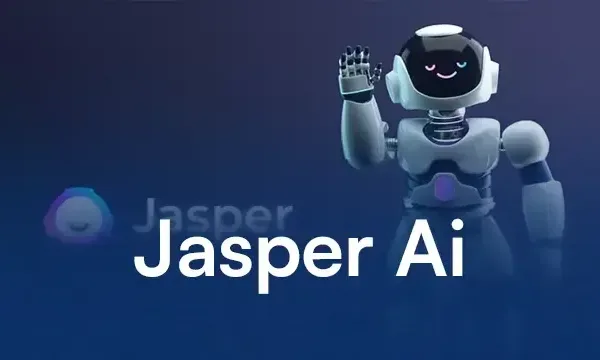

One thought on “AI and Augmented Reality: Merging AI with VR for Smarter, Immersive Experiences”